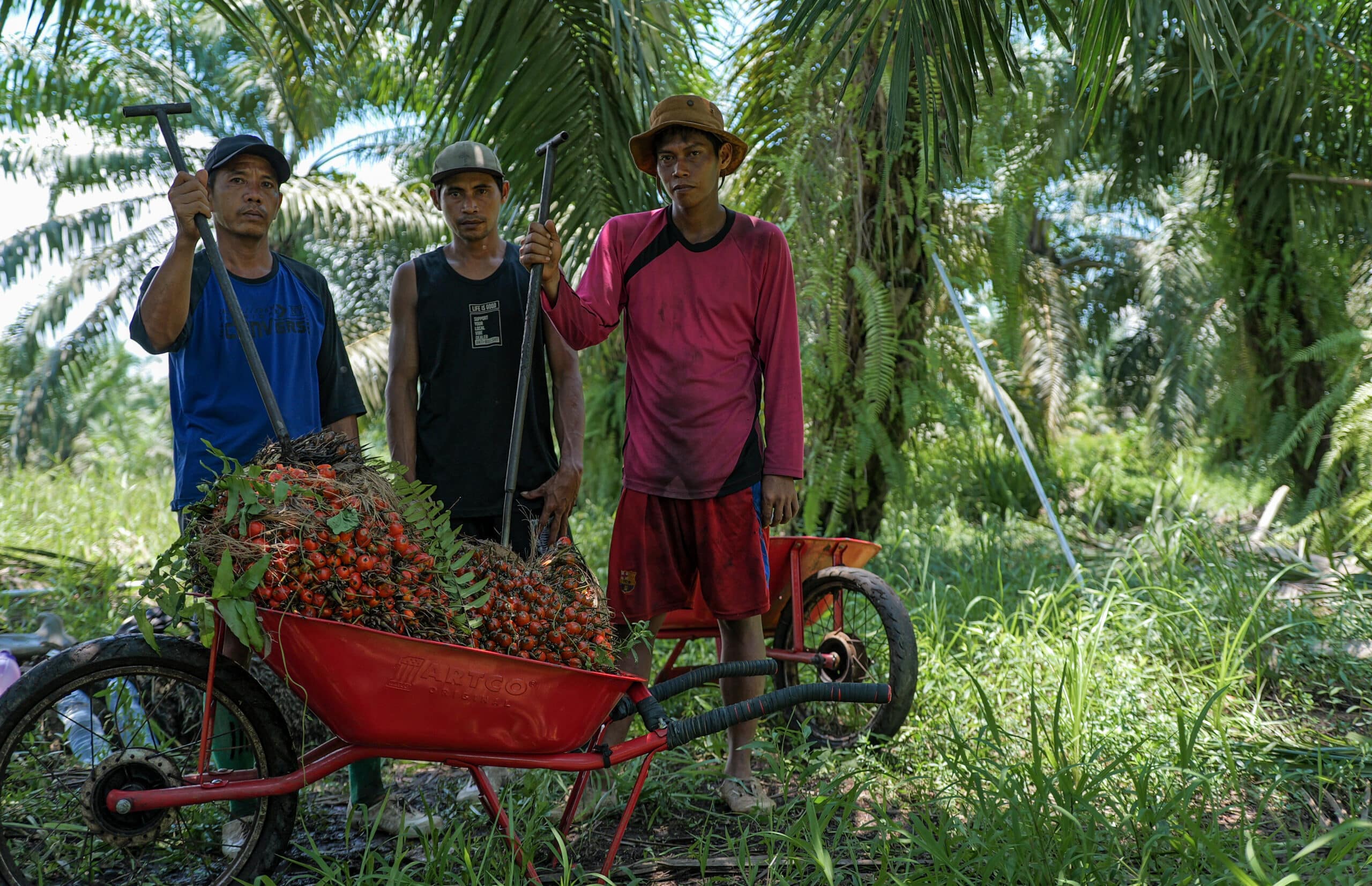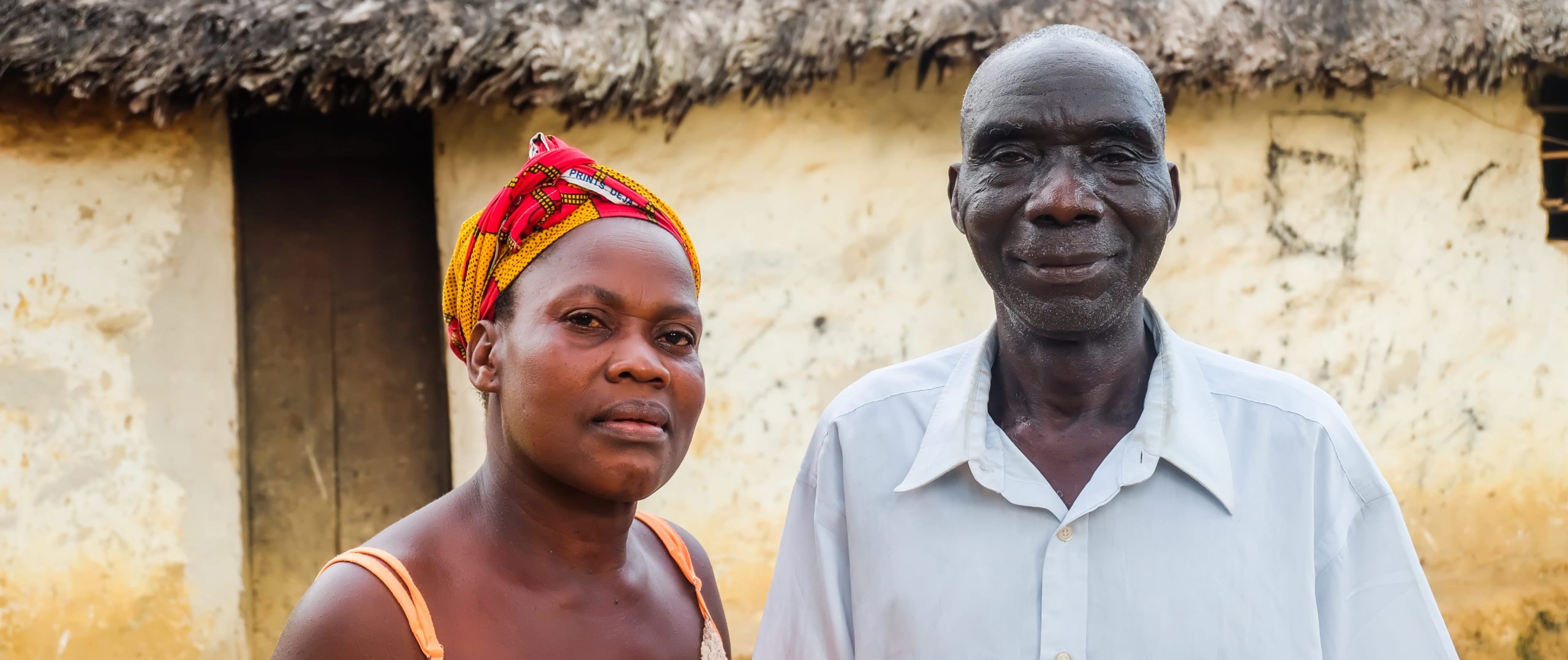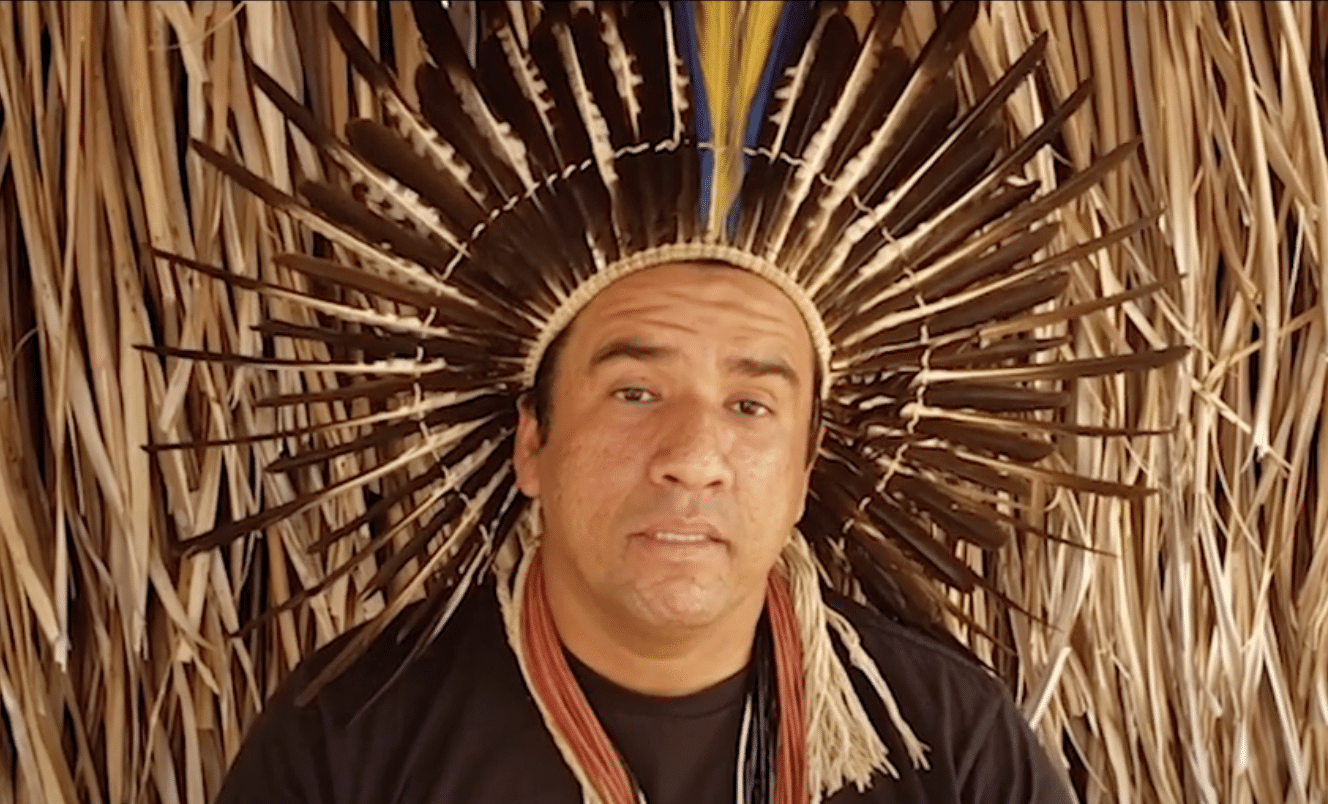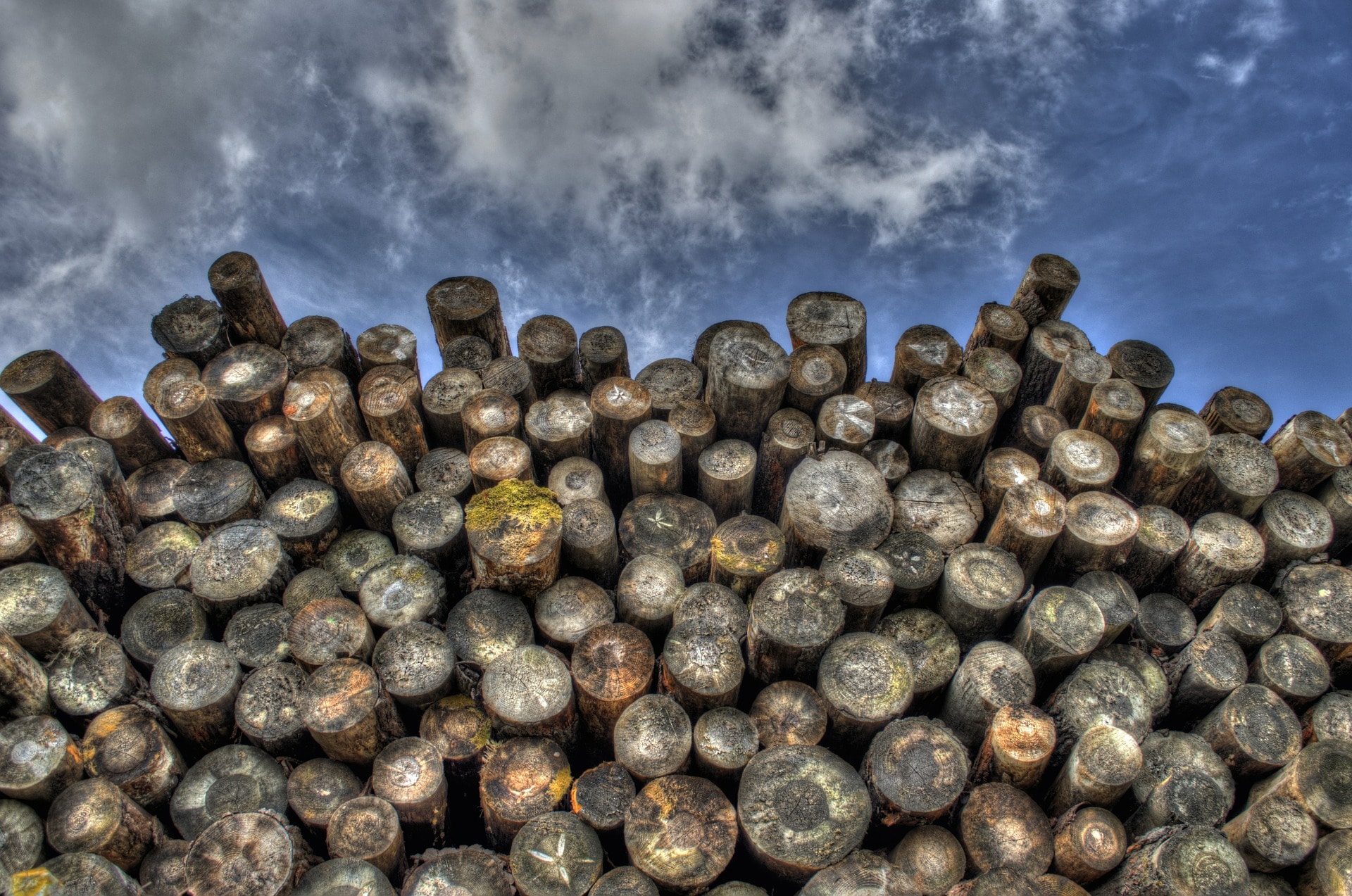
Land Grabbing, Forests & Finance
On average, an area of forest covering the size of the United Kingdom is lost every year.
Land Grabbing, Forests & Finance
One of the fastest growing drivers of deforestation, greenhouse gas emissions, and displacement of forest-dwelling communities is the expansion of industrial agricultural plantations across the tropics for the production of palm oil, soy, cattle and pulp and paper. These ingredients appear in thousands of everyday household goods that line supermarket shelves. Monoculture plantations are responsible for widespread forest destruction, loss of endangered species’ habitat, and increasingly violent land conflicts between companies and local — often Indigenous — communities.
Deforestation driven by industrial agriculture is second only to fossil fuel combustion as a leading driver of global climate change. Year after year the world watches as some of the planet’s greatest rainforests, from the Amazon to Indonesia to the Congo Basin burn to supply the industrial demand for agricultural commodities.
While agribusiness and consumer companies play a central role in driving the industrial agricultural supply chains responsible for deforestation and human rights abuses, these companies are financed by powerful investors. Following the money, Friends of the Earth US advocates for financiers to use their leverage to force companies to change their practices, or shift investments away from companies and industries driving deforestation, land grabbing, and human rights abuses.
In recent years, some money managers have come to recognize their responsibility to halt deforestation, as both a business risk and a moral imperative. But NONE of the largest US investment firms have policies on deforestation and human rights to guide their investments and ensure they are not funding deforestation. We advocate for all institutional investors, asset managers and banks to adopt policies to protect forests and the Indigenous Peoples who depend upon and care for them.
Indigenous Peoples and local communities have proven to be the best protectors of forests and lands on which the entire planet depends. Recognizing and respecting land rights therefore must be an essential part of any strategy to mitigate the worst impacts of the climate crisis. We work in close collaboration with civil society organizations, local communities, and grassroots leaders on the frontlines of the global deforestation crisis to ensure that their land rights are at the heart of any solution.
On-the-ground Testimonials
Media
Resources
Are You Profiting From Deforestation?
As part of our campaign to defund deforestation, we created a search platform that enables people to find out if their money, in the form of individual investments or an employer-provided 401(k), may be causing tropical deforestation.
DeforestationFreeFunds.org provides a practical way to see what your 401(k) is invested in, and to help you talk to your 401(k) plan manager about offering Deforestation Free 401k fund options.
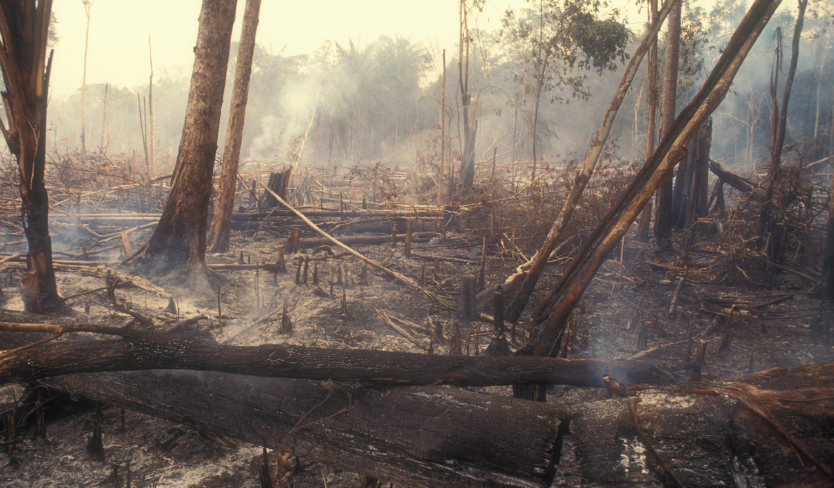
Ways to Support Our Work

Read Latest News
Stay informed and inspired. Read our latest press releases to see how we’re making a difference for the planet.

See Our Impact
See the real wins your support made possible. Read about the campaign wins we’ve fought for and won together.

Donate Today
Help power change. It takes support from environmental champions like you to build a more healthy and just world.
